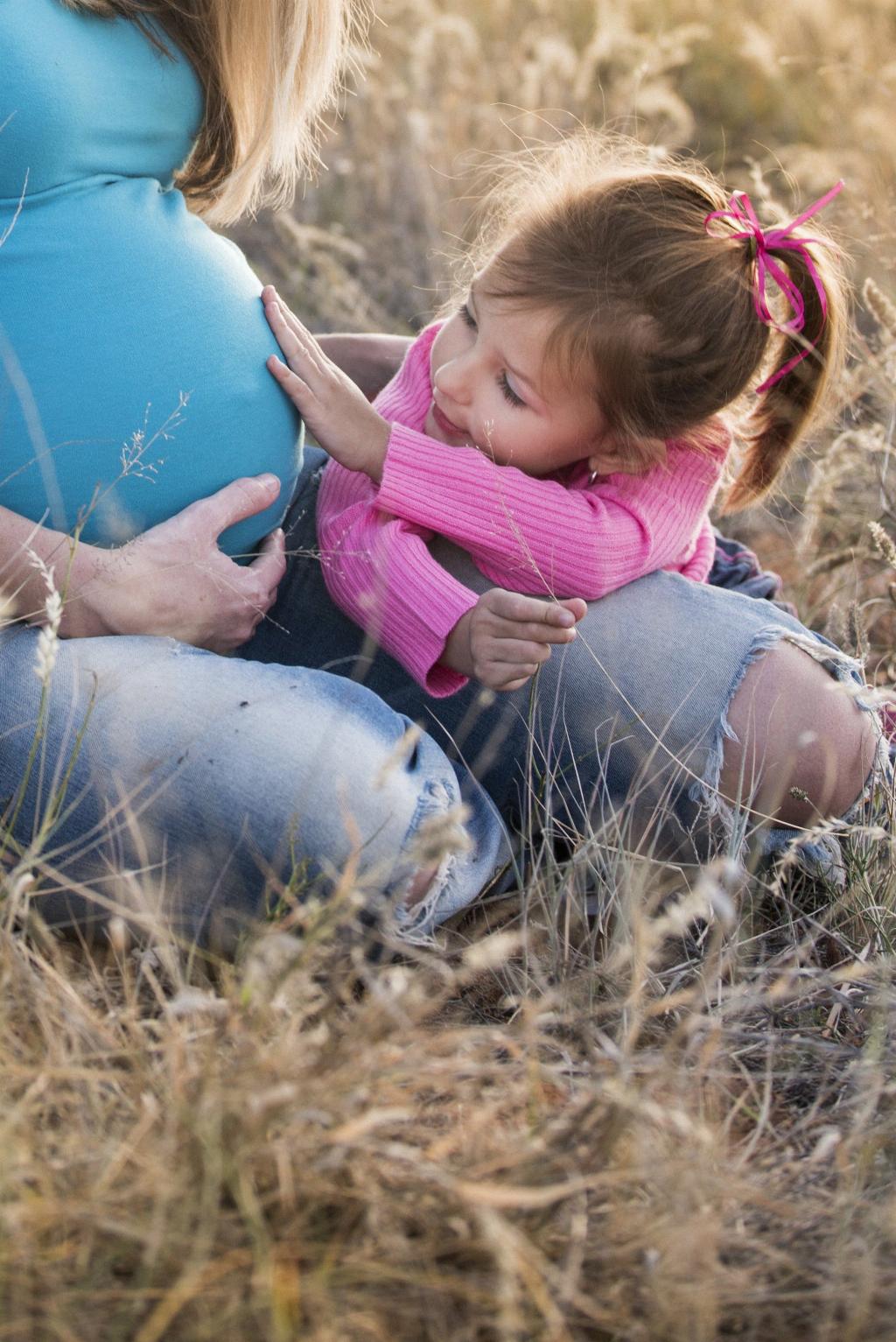During pregnancy, experiencing calf cramps can be a common and uncomfortable occurrence for many expectant mothers. These sudden and intense spasms in the calf muscles can be quite painful and may occur both during the day and at night, disrupting your daily activities and impacting your quality of sleep.
Metabolism Changes
One of the suggested reasons for calf cramps during pregnancy is the changes that occur in your metabolism. The increased demands on your body during pregnancy can lead to alterations in how your body processes nutrients, which may contribute to muscle cramping, including in the calves.
Vitamin Deficiency
Another possible cause of calf cramps in pregnancy is a deficiency in essential vitamins and minerals. Nutrient deficiencies, such as low levels of magnesium or potassium, can affect muscle function and increase the likelihood of experiencing cramps in various parts of the body, including the calves.
Physical Activity Levels
Your activity levels during pregnancy can also play a role in the occurrence of calf cramps. Being too sedentary or too physically active without adequate rest can strain the muscles, making them more prone to cramping. Finding a balance in physical activity and incorporating gentle exercises may help alleviate calf cramps.
Fluid Retention
Fluid retention, a common symptom of pregnancy, can also contribute to calf cramps. The swelling of tissues due to increased fluid retention can put pressure on the nerves and blood vessels in the legs, leading to cramping sensations in the calves.
Circulation Issues
Pregnancy-related changes in circulation can impact blood flow to the muscles, potentially triggering calf cramps. The pressure exerted by the growing uterus on blood vessels can restrict the flow of blood to the legs, causing muscle spasms and cramping episodes.
Nerve Compression
As the uterus expands during pregnancy, it may put pressure on the nerves that supply the legs, leading to nerve compression. This compression can result in sensations of tingling, numbness, and muscle cramps in the calves, especially when sitting or lying in certain positions for prolonged periods.
Hormonal Changes
Fluctuations in hormone levels during pregnancy can also influence muscle function and contribute to calf cramps. Hormones like relaxin, which relaxes the ligaments in the pelvis to prepare for childbirth, can affect other muscles, potentially causing cramping in the calves.
Postural Shifts
Changes in your posture as your body accommodates the growing baby can alter the alignment of your spine and pelvis, affecting the muscles in your legs, including the calves. Poor posture and improper body mechanics can increase the risk of muscle imbalances and cramping episodes.
Emotional Stress
Managing the emotional stress and anxiety that often accompany pregnancy is crucial for overall well-being, including muscle health. High levels of stress can lead to muscle tension and stiffness, potentially triggering calf cramps in pregnant individuals.
Dietary Choices
What you eat during pregnancy can impact your muscle health and cramp susceptibility. Ensuring a balanced diet rich in essential nutrients, including magnesium, potassium, and calcium, can support muscle function and reduce the likelihood of calf cramps.
Seeking Relief
If calf cramps during pregnancy persist or become severe, it is important to consult with your healthcare provider for proper evaluation and guidance. Your healthcare provider can offer personalized recommendations and interventions to address the underlying causes of calf cramps and help you find relief.

